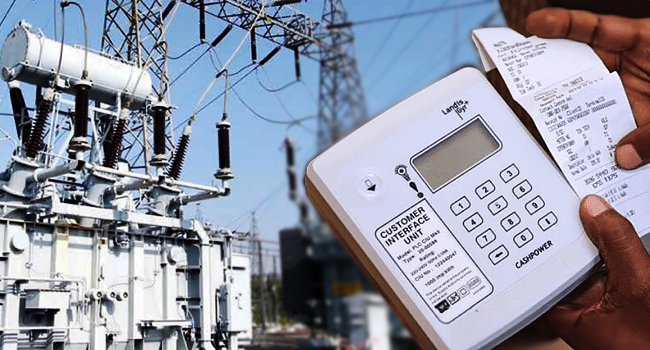Sanusi Garba, Chairman of the Nigeria Electricity Regulatory Commission (NERC), disclosed on Thursday that the Federal Government of Nigeria would require approximately N3.2 trillion in 2024 to reverse the recent electricity tariff hike. He emphasized that without a comprehensive overhaul of the sector, including addressing foreign exchange fluctuations, Nigeria’s power supply would continue to face challenges.
Speaking at a stakeholders meeting convened by the House of Representatives Committee on Power in Abuja, Garba noted that while current investments in the sector were commendable, they were insufficient to ensure consistent power supply nationwide. He highlighted that prior to the tariff review, distribution companies were only obligated to pay 10% of their energy invoices, leading to liquidity challenges in the sector.
Garba pointed out that between January 2020 and January 2023, electricity tariffs increased from 55% to 94%, with the cost-reflective tariff now reaching N184/kWh due to forex unification and inflationary pressures.
He stated, “If no action is taken, it would mean that the National Assembly and the Executive would have to provide about N3.2 trillion to subsidize the sector in 2024.” Garba also highlighted a significant funding gap, with only N185 billion of the N645 billion subsidy in 2023 being cash-backed.
Vice Chairman of NERC, Musiliu Oseni, supported the recent tariff increase, emphasizing its necessity to prevent a total shutdown of the sector.
Chairman of the House Committee on Power, Victor Nwokolo, explained that the meeting aimed to address recent tariff increases and the categorization of electricity consumers. He noted that further consultations with relevant stakeholders, including the Transmission Company of Nigeria and generation companies, would be conducted to fully understand the situation.
Nwokolo highlighted the challenges faced by the industry, such as population growth, network expansion, exchange rate fluctuations, and security threats to power installations. He emphasized the importance of gas supply, as it is crucial for power generation.
The committee clarified that any decision to stop the tariff increase would require a resolution by the entire House of Representatives, not just the committee. They expressed their commitment to gathering more input before reaching a decision.
























